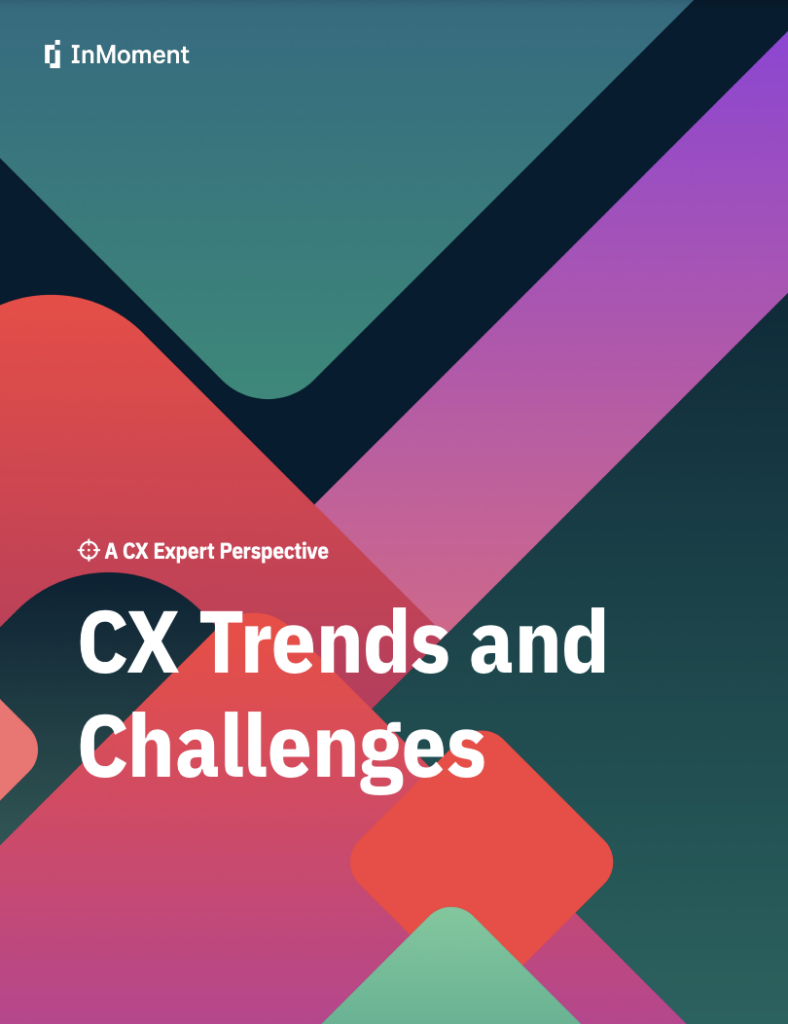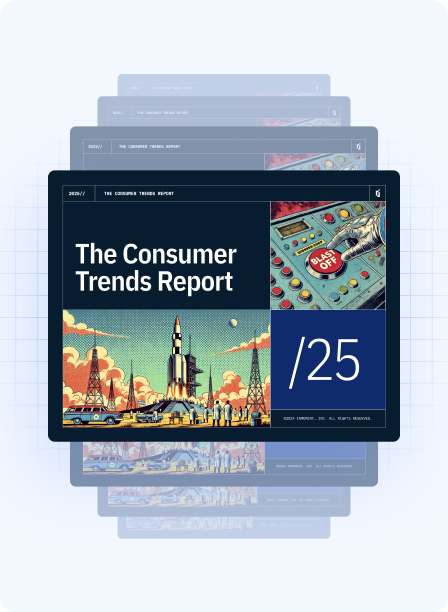How to Write the Best Customer Onboarding Surveys & Improve the Experience

It’s no secret that customer onboarding is one of the most crucial (and oftentimes challenging) stages in a customer’s journey with your brand. Indeed, the onboarding process usually ends up setting the tone for their subsequent interactions with your employees, their perception of your messaging, and even their product experience (PX). These and other variables make a well-designed onboarding experience of utmost importance to organisations and their customer experience (CX) initiatives.
Today’s conversation briefly touches on how your organisation can ensure that its onboarding experience isn’t just up to par, but built to ensure bold, human, and dynamic relationships with your customers. There are several reasons a lot of brands have mediocre or subpar customer onboarding; one of the biggest is because they don’t design their onboarding surveys with the end in mind.
What Is Designing with the End in Mind?
One of the most commonly held beliefs in the customer experience world is that a CX programme that gathers incoming data is a CX programme that’s good enough. This isn’t the case. Your initiative should be more than a metaphorical trawler net for data, especially if you want to fundamentally improve your customer onboarding processes. This is especially true for onboarding surveys.
Rather than aiming to collect data and then attempt to mine insights after the fact, brands should design their onboarding surveys with the end goal in mind before collecting any feedback from new or prospective customers. This approach may seem a bit unorthodox, but I promise it will save you time, resources, and customers. Designing with the end in mind will also make it much simpler to actually improve opportunity areas, not just identify them.
How Can Brands Design with the End in Mind?
There are a few best practices to bear in mind when designing (or redesigning) your customer experience surveys with the end in mind. Additionally, remember that these practices don’t have to apply solely to your surveys; you can aim them toward any facet of your experience programme and any goal that you need it to achieve.
First, take a hard look at your existing onboarding survey; evaluate what your existing customers have said it accomplished well and where it could’ve been better. Gather similar feedback from customer-facing and CX teams as needed. Identifying factors like these before you deploy your survey will give it (and indeed your wider programme) a proverbial north star, which will help you decide which audience segments and channels to devote your CX resources to.
Additionally, once you’ve identified the data you need your survey to collect, spell your related onboarding improvement goals out in concrete, quantifiable terms. Defining your goals with numbers will help you identify improvements much more precisely, and will also give you something tangible to present to the boardroom when you move to secure additional funding. A lot of programmes get stuck in defining their objectives abstractly, which can make it difficult to ascertain whether any improvements were actually made. This approach nullifies that problem.
Click here to learn how Virgin Money was able to improve their customer onboarding experience.
Meaningful Experience Improvement
Designing with the end in mind is not a simple task for any element of a CX initiative. It’s an approach that demands a great deal of time and discipline at the start of the process, followed by continuous dedication as you begin to collect insights. However, if your organisation is ready to invest that effort, you’ll begin to see much more promising results from your surveys than if you simply turn your listening posts on and dredge your data lake for anything potentially useful. Designing with the end in mind saves you and your team a great deal of both time and effort down the line.
Why? Because this approach will grant you only the most pertinent insights and feedback, enabling you to create meaningful Experience Improvement (XI).
Click here to read my full-length point of view article on what else your organisation can do to create consistent, successful, and peerless customer onboarding experiences. I present a few other best practices I’ve observed (and executed) in my many years within this space, and know that they will help you on your journey to improved customer onboarding.



